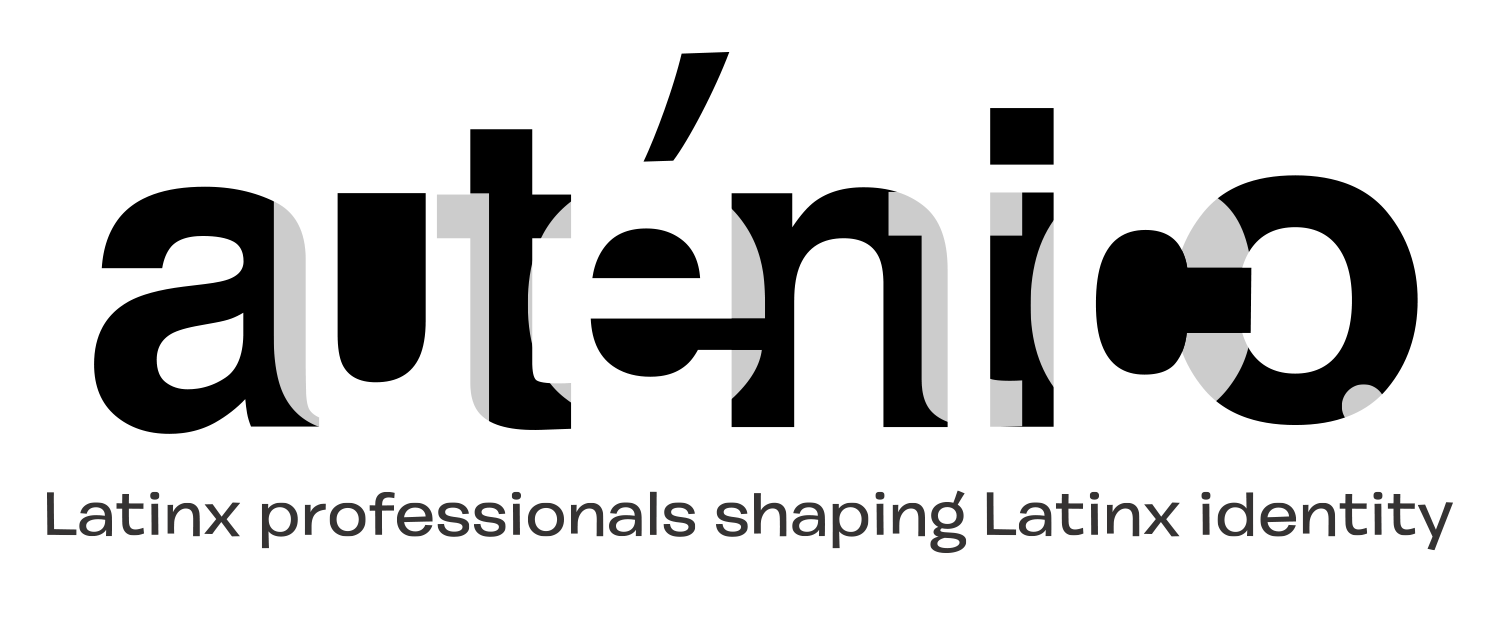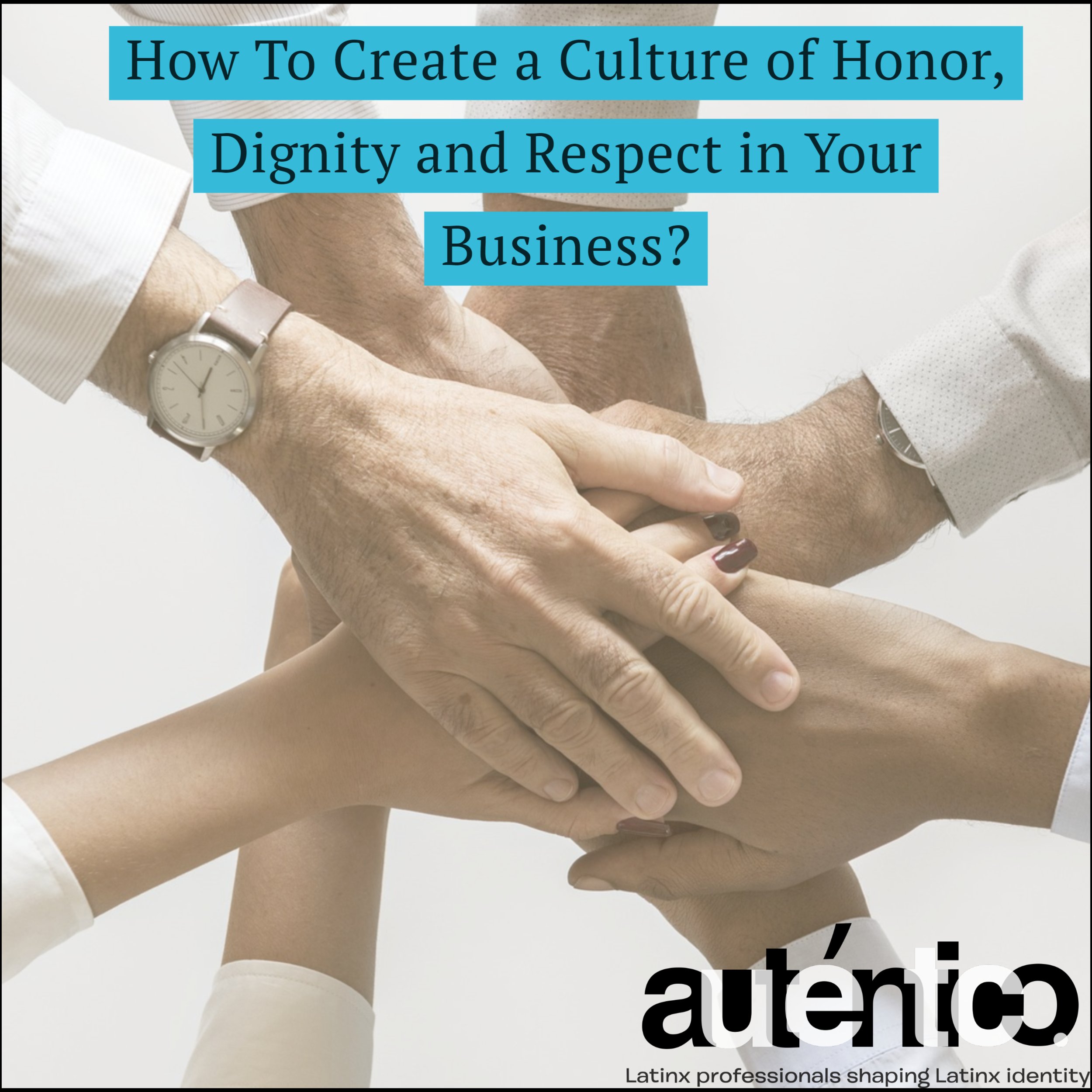How To Create a Culture of Honor, Dignity and Respect in Your Business?
“Do the best that you can until you know better. Then when you know better, do better.”
- Maya Angelou
By Contributing Partner: Judy Ryan
All one has to do is turn on the news or get on social media to see that honoring oneself and treating oneself and others with dignity and respect are too often lacking these days. Many people end up in reactive exchanges and do damage without realizing how they got there, what the consequences, nor how to get back to safe ground. These contentious communications are based in fear; very real, human fear that comes from conditioned beliefs we have been offered and accepted about ourselves and others.
Among these fears and conditioned beliefs are “To stand by is passive,” “Active is synonymous with fighting”, “I must be understood,” “Only one of us can win,” and “I must judge, condemn, label, and otherwise punish those who don’t think, speak or act like I think they should.” Often times, these types of thinking are part of high performing teams. These types of behaviors are not just impacting us in our personal lives; they cost us engagement, collaboration and creativity in our work lives too.
What can be done about this? Here are some suggested ideas:
1. You make sense and deserve compassion: We cannot honor, nor provide dignity and respect to others, without first clearing our own name (within us) and reclaiming our own dignity and self-respect. The reason we often have not, is because we have deep-seated confusion about abuse or neglect we’ve experienced in our lives, and then held false conclusions about our reason and sense of worth. As our internalized ideas of shame and self-doubt expand without interruption, we often replicate treatment once provided to us. Instead, try this: Seek your own understanding, compassion and healing first, in order to be free of your fears and pain, and in order to offer the same to others by your very presence and discerning responses rather than fear-based reacting.
2. Allow clarifying labels temporarily, in order to understand what has happened to you and to move past it and the labels. In general, labels are a polarizing, toxic practice associated with blaming. Yet, to understand our own experiences we must be able to own them as ‘trauma’ ‘abuse’ and ourselves as having been ‘victim.” I’ll explain. In my own life, I needed to understand terms related to less-known forms of abuse such as covert or vindictive narcissism, alienation tactics (e.g. parental alienation syndrome when one parent pits a child against another), violation of consent, and intermittent reinforcement (to name just a few) to make sense of what I had actually experienced, necessary to clear my own name within myself, and offer myself understanding, compassion and healing. When I did this, for me that meant I could now consider the behavior of others (e.g. a narcissist) beyond the label. Only then could I see past my self-understanding to the very real and hurting person in an abuser and feel curiosity and compassion for him or her. In some cases, I still need to maintain a clear boundary to protect myself, but I no longer hold them or myself in contempt.
3. Commit to a Teal organizational model. A Teal organizational model promotes the development of honor, dignity and respect among people as your top business priority. Hierarchy is replaced with shared power and emotional and social intelligence as well as trustworthy behaviors as the most relevant of all practices. This model serves your staff, your customers and anyone your team comes into contact with in their personal and professional lives. This model fosters honor, dignity and respect no matter what issue or task and creates a psychologically safe environment where your people thrive. In a Teal organizational model, purpose, values and task ownership are nurtured in all people, so that wholeness occurs in individuals and among teams, and agility is the norm for your business and projects. Your workplace re-creates desired group dynamics once sought in a healthy family that may have been missing earlier in one’s life. It’s never too late to have a happy childhood!
Our world is hungry for strong leaders to inspire,, learn from, and model dignity and respect. Change and complexity are happening faster and in greater abundance. People face uncertainty and change without the support needed to help them grow and flourish as individuals and teams.
Are you helping create a life and workplace that others aspire to emulate and join?
About Judy Ryan
Judy Ryan has been CEO and founder of LifeWork Systems, an award-winning training and consulting company specializing in culture transformation since 2002. She is author of the book, “What’s the Deal With Workplace Culture Change?”, a columnist on Emotional Intelligence in The Women’s Journals, a columnist on The Extraordinary Workplace in St. Louis Small Business Monthly, and a columnist on 21st Century Systems for Hispanic Chamber of St. Louis. Judy is also a human systems developer and consultant, trainer, coach, and keynote presenter, with guest appearances on TV, podcasts and radio.
Why People Hire LifeWork Systems?
Business owners, community leaders, and educators hire Judy Ryan and Lifework Systems because they want the advantages of an extraordinary workplace and recognize that a systems approach ensures consistency and sustainability. We have created assessments, a digital online training platform, processes, and systems integration to create the winning ticket for your business. Take our culture assessment and schedule your first consult session at no cost. You can also contact Judy at 314-239-4727 or judy@lifeworksystems.com


